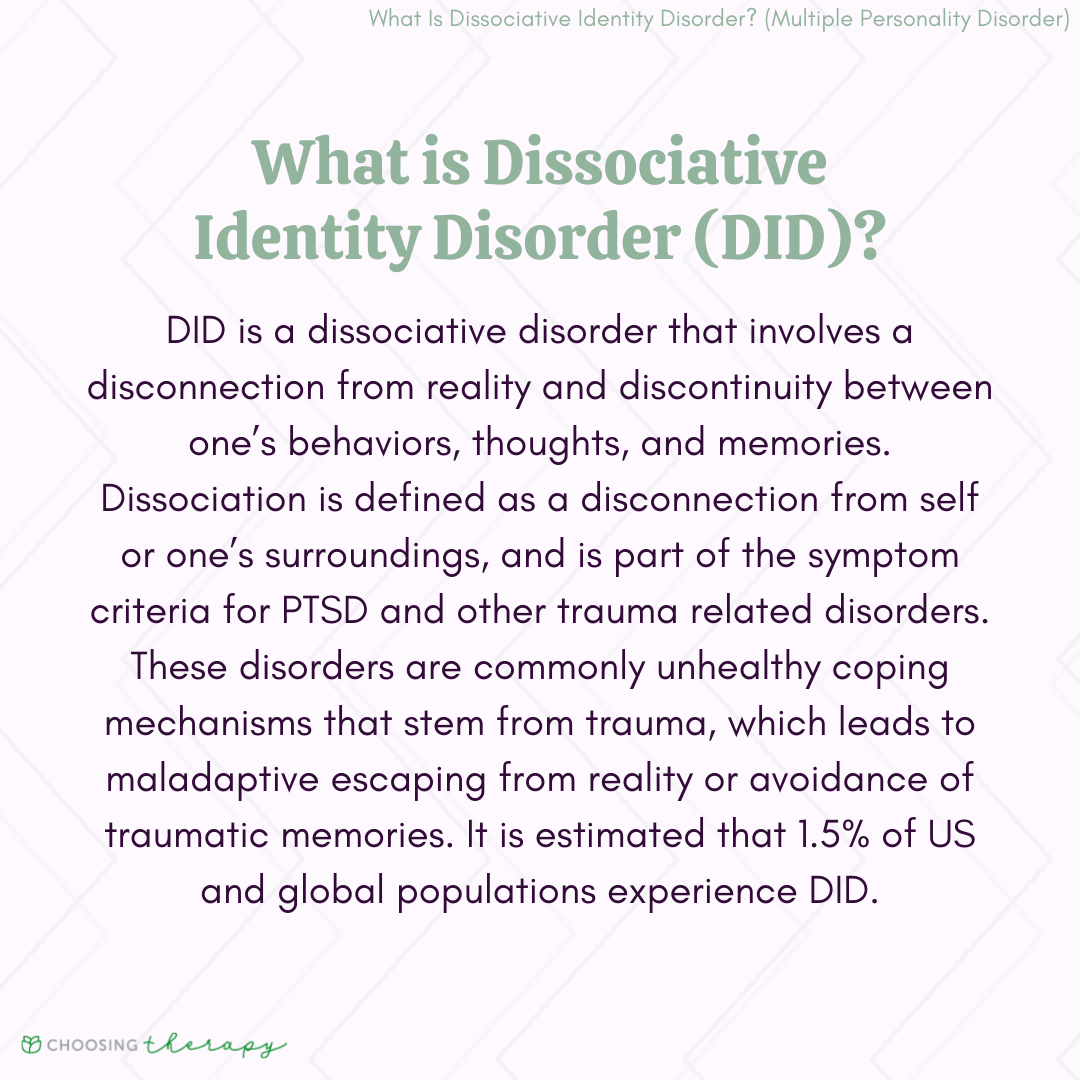What to Expect From Environmental Science in High School: Difficulty, Benefits, and Success Strategies
Introduction: Understanding Environmental Science in High School
Environmental science in high school, particularly at the Advanced Placement (AP) level, is an increasingly popular choice for students interested in the natural world, sustainability, and real-world problem-solving. Many students and parents wonder: is environmental science hard in high school? The answer depends on several factors, including your prior experience with science courses, your study habits, and the specific curriculum offered at your school. This article provides a comprehensive look at what makes environmental science challenging, how students can thrive in the course, and what resources are available to help you succeed.
How Challenging Is High School Environmental Science?
Environmental science at the high school level, especially AP Environmental Science (often called APES), is generally considered more challenging than standard science courses. The course is designed to mimic the content and rigor of a college-level introductory course, covering a vast array of topics such as climate change, energy resources, biodiversity, pollution, and human impacts on Earth systems. Unlike many other science classes, environmental science often requires students to integrate concepts from biology, chemistry, physics, geology, and even economics and sociology [1] .
According to educational experts, students regularly report that AP Environmental Science is a step up in terms of workload and content depth compared to non-AP science courses. There is a significant amount of material to cover, and the course is structured around nine major units, each of which explores different aspects of Earth’s environment and the challenges humans face in managing natural resources [2] . The AP exam itself is known for its difficulty, with only about half of students scoring a 3 or higher, the minimum score typically required for college credit [3] .
Course Structure and Content Requirements
The course is rigorous because it asks students to develop both factual knowledge and analytical skills. Environmental science is not just about memorizing facts; it involves:

Source: thepolarisproject.org
- Interpreting data and graphs
- Applying scientific concepts to real-world scenarios
- Understanding complex systems and their interactions
- Evaluating solutions to environmental problems
Students are often required to complete laboratory experiments, group projects, and research assignments. The AP Environmental Science exam includes both multiple-choice and free-response questions, requiring students to demonstrate deep understanding and the ability to communicate scientific reasoning clearly [2] .
Prerequisites and Preparation
Success in high school environmental science, especially the AP course, typically depends on your academic background. The College Board recommends that students have completed two years of laboratory science (usually one life science, such as biology, and one physical science, such as chemistry) and at least one year of algebra. Experience with Earth science is also beneficial but not always required [3] . Students who struggle in previous science classes or have not completed these prerequisites may find the course more challenging.

Source: pondtrademag.com
If you are considering taking environmental science, assess your strengths in science and math. If you have consistently earned B’s or higher in biology and chemistry, you are likely to be well-prepared. However, even students who do not see themselves as “science people” can succeed with dedication, effective study strategies, and the right support [5] .
Common Challenges and How to Overcome Them
Environmental science can be challenging for several reasons:
- Volume of Content : The curriculum covers a wide range of topics, which can feel overwhelming. Effective time management and regular review of notes are essential.
- Interdisciplinary Nature : The course draws on multiple scientific disciplines. Students who are more comfortable with one area (such as biology) may need to spend extra time on others (such as chemistry or math).
- Analytical Thinking : Many assignments require critical thinking and problem-solving, not just memorization.
To overcome these challenges, students are encouraged to:
- Develop a consistent study schedule
- Form study groups to discuss complex topics
- Use available review resources and practice exams
- Ask teachers for clarification on difficult concepts
Online resources, such as review videos and practice quizzes, can also be invaluable. For example, several educators provide free YouTube content that breaks down course units and offers study tips [4] . While external review packets are available for purchase, many free resources can be found by searching for “AP Environmental Science review” on YouTube or educational platforms.
Practical Steps to Succeed in Environmental Science
If you are planning to take environmental science in high school, follow these steps to maximize your chances of success:
- Review the Prerequisites : Make sure you have completed the recommended science and math courses. If you are missing any, consider extra preparation or tutoring before starting the course.
- Gather Study Materials : Use your school’s textbook, class notes, and reputable online resources. Many students benefit from additional review books, but these should supplement-not replace-your main curriculum.
- Practice Regularly : Complete all assigned homework and practice with sample questions. Consider using College Board’s official practice exams or materials from well-known educational publishers.
- Seek Support When Needed : If you find yourself struggling, reach out to your teacher, join a study group, or seek tutoring. Many schools offer after-school help or peer tutoring programs.
- Connect Course Content to Real-World Issues : Environmental science is highly relevant to current events. Stay informed about environmental news, discuss recent developments in class, and look for ways to apply what you are learning to real-world situations.
If your school does not provide the support or resources you need, you may be able to find additional help by:
- Contacting your local library for educational materials or tutoring programs
- Searching for local environmental organizations that offer workshops or student programs
- Exploring online study communities and educational websites (such as College Board’s AP Central, which provides course descriptions and sample questions)
For official information about the AP Environmental Science curriculum and exam, visit the College Board website and search for “AP Environmental Science” in their course catalog.
Alternative Approaches and Course Options
If you are concerned about the difficulty of AP Environmental Science, consider these alternatives:
- Take a standard (non-AP) environmental science course if your school offers one. These courses may focus more on basic concepts and less on college-level analysis.
- Enroll in Earth science or other introductory science electives to build foundational knowledge before tackling AP-level courses.
- Consider honors-level courses if available, which can provide a challenge without the pressure of a national exam.
Each approach has advantages, depending on your academic goals and schedule. Consult with your school counselor or science teachers to determine the best path for you.
Key Takeaways
Environmental science in high school is a challenging but rewarding course that prepares students for college-level science and real-world problem-solving. The difficulty level can vary based on your prior coursework, study habits, and the resources available at your school. With adequate preparation, supportive resources, and a proactive approach to learning, most students can succeed-even if they do not consider themselves “science people.”
Before enrolling, assess your strengths, understand the course requirements, and plan to access additional support if needed. For more detailed guidance, speak with your current science teachers or academic advisors, and explore reputable online resources and study materials. Remember, your experience will be shaped by your preparation, persistence, and willingness to seek help when needed.
References
- [1] Enthuziastic (2023). How challenging is AP Environmental Science?
- [2] BestColleges (2022). Is AP Environmental Science Hard? A Complete Guide.
- [3] Albert.io. Is AP® Environmental Science Hard?
- [4] YouTube (2023). Is AP Environmental Science easy?
- [5] College Confidential (2019). AP Environmental Science hard? / Senior course load.
MORE FROM oncecoupon.com













